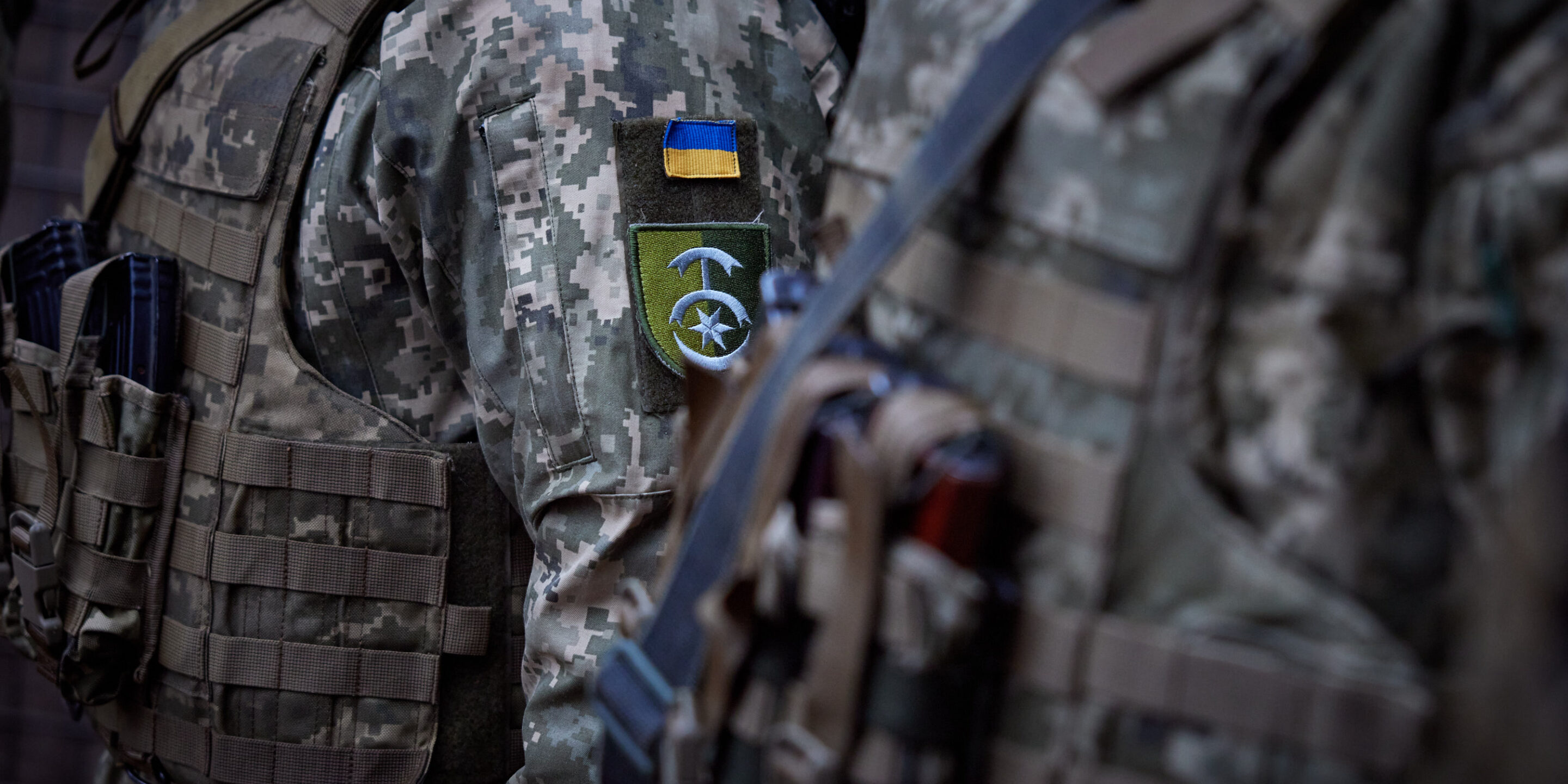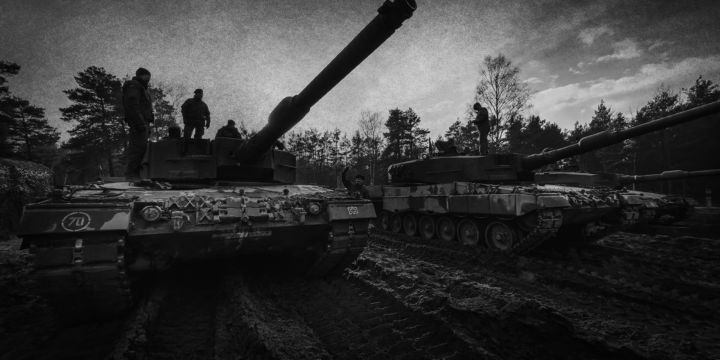September 3, 2025
Is the West fooling itself on Ukraine security guarantees?

Two weeks after President Donald Trump met Russian President Vladimir Putin at a U.S. air base in Alaska, and two weeks after European leaders traveled to Washington for follow-up talks at the White House, the Trump administration’s ongoing peace process in Ukraine is at best on life support. Although Vice President JD Vance continues to press the argument that diplomacy is making progress, the reality is precisely the opposite. The Russians are as inscrutable as always, and Putin has reportedly agreed to stop his territorial conquest of the entire Zaporizhzhia and Kherson regions; he insists on full control of Ukraine’s Donbas region as the price for a ceasefire.
There are two negotiations going on right now. The first, between Ukraine and Russia, is at a standstill. The second is occurring between Ukraine’s security partners. The object of discussion: How to ensure Ukraine’s security is defended if a peace deal is signed.
On the face of it, the concept itself is uncontroversial. Ukrainian President Volodymyr Zelensky wouldn’t sign a peace deal if it left Ukraine open to Russian aggression. As history demonstrates, peace deals can be thrown overboard when an aggressor senses an opportunity to gain advantage. The Ukrainians have first-hand experience with this. The 2015 Minsk accords, crafted to end the Russian-sponsored rebellion in Eastern Ukraine, ultimately collapsed after Russian troops poured into Ukraine on February 24, 2022. Zelensky doesn’t want to go through the same movie again.
More on Eurasia
Featuring Daniel Davis
September 25, 2025
Featuring Daniel Davis
September 15, 2025

September 12, 2025

Featuring Jennifer Kavanagh
September 11, 2025
Events on Ukraine-Russia





